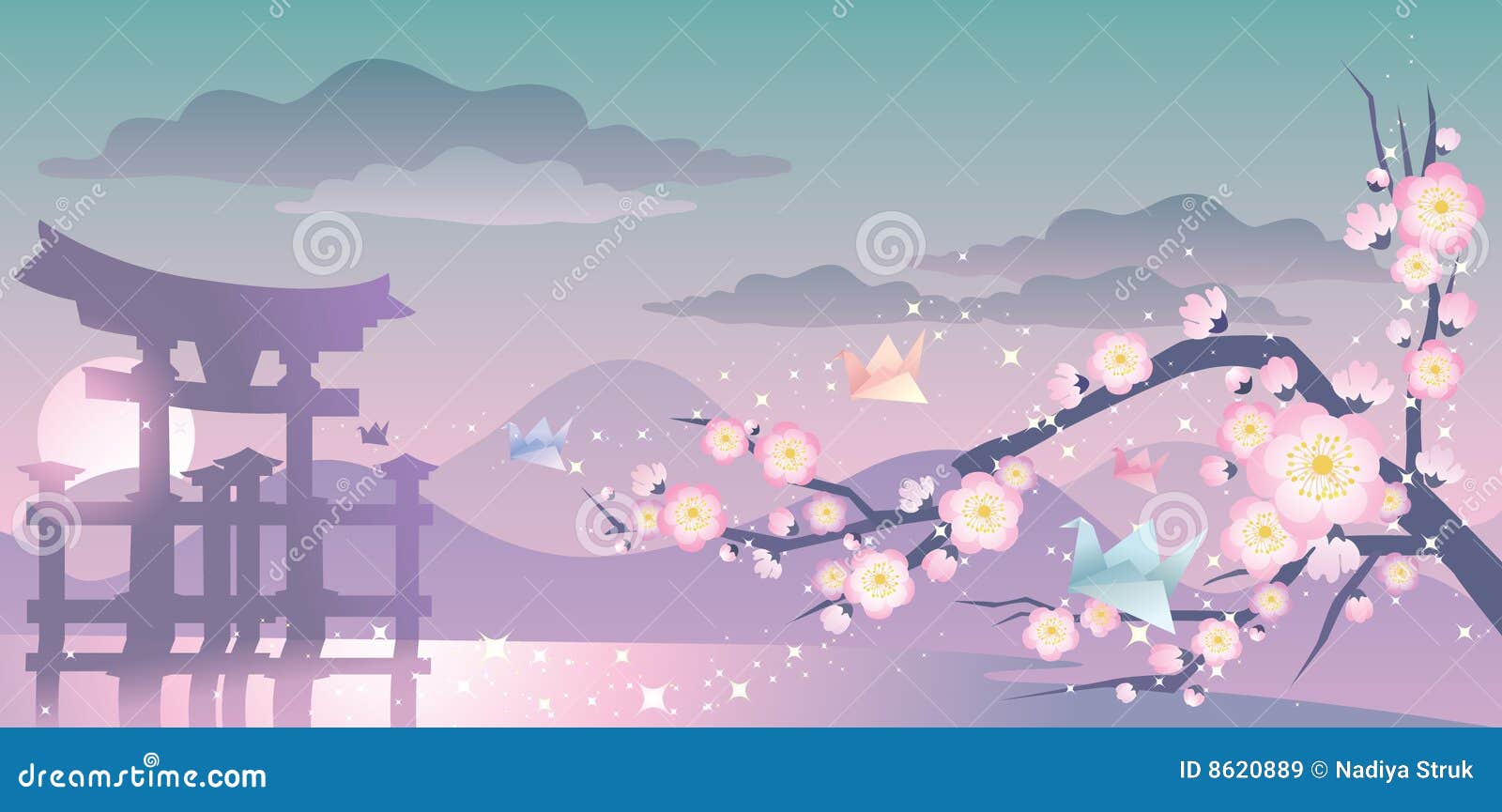


Every role here was written with the idea that the supporting characters would graciously have some of the good lines. But it doesn't have any weaknesses in these departments either, making even the most out of Ryoko Hirosue, whose voice I usually can only take in small doses, as her role is an excellent one and beautifully written. The film doesn't have the best direction of the year (that would be Tokyo Sonata), the best writing ( Still Walking), or even the best acting (a hilarious Koichi Sato in The Magic Hour and phenomenally good Aoi Miyazaki in the taiga drama Atsuhime). Let's just get that out of the way right now. In a year where the films were too excellent to count, Departures needs more justification than is standard for it being the best Japanese film of the year. You might hear more about it in the coming months, as it's the most successful commercial and internationally critical film since Masayuki Suo's Shall We Dance?, and is Japan's official entry in the Academy Award's Best Foreign Film category. But perhaps the most gentle film, Yojiro Takita's Departures, made me feel the best after watching it despite the fewest chuckles of them all. He's thirty).Įvery single great filmmaker this year - whether my favorite, Hirokazu Kore-eda, or other greats like Ryuichi Hiroki, Koki Mitani, or Satoshi Miki - brought heaps of laughter to the table. This was a year where Kiyoshi Kurosawa made a horror/domestic drama, where Takashi Miike concocted a physics/rock n' roll romance, where Tetsuya Nakashima combined fairy tales with brutality, and where newcomers Norihiro Koizumi and Yosuke Fujita respectively grappled with a very sad wrestling comedy and the funniest four-way lovefest I've ever seen (one of the principals wants to create the world's greatest haunted house. It still is, of course, but the best movies this year (and there were several) either avoided it entirely, or managed to transcend their genre/studio trappings.
#Freeter japanese film tv#
But the films this year had such range, energy, and overall excellence that one would swear Japan wasn't dominated by TV studio scripting and casting. What a fantastically great year for Japanese cinema! By that, I don't mean the unfortunate passing of legendary director Kon Ichikawa or the great actor Ken Ogata, or the untimely passing of one of the greatest scholars of Japanese cinema in the west, Keiko McDonald, all three of whom will be missed greatly by any cinema aficionado.


 0 kommentar(er)
0 kommentar(er)
